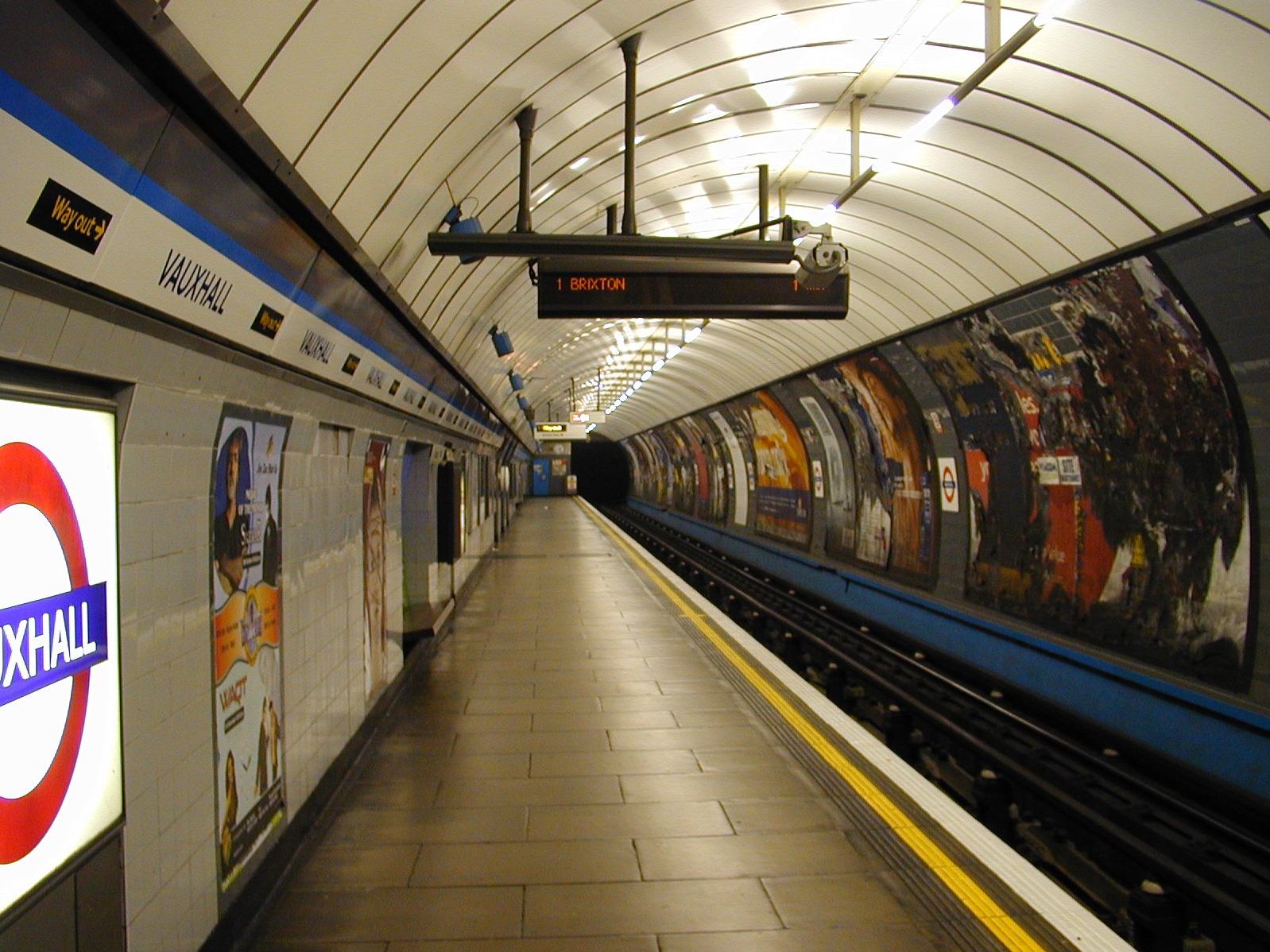Music going down the Tube
London Underground to become giant music sharing network

Talking on your mobile phone still isn't possible on the London Underground. But soon you could be able to share music with fellow commuters on the Tube.
A new project, London Undersound, could let commuters download and upload tracks to each other's mobile phones using Bluetooth and Wi-Fi. It would essentially make London's Tube system a massive subterranean network for sharing music.
Joanne Brewer, one of the development team behind London Undersound, told InfoWorld.com that despite no mobile phone coverage on the London Underground, people are still tapping away on their phones as they travel
Commuters are used to sharing items such as free newspapers, so some interaction is already taking place, Brewer said.
Unspoken interaction
"There's a lot of very implicit and unspoken sharing practices that go on," said Brewer, who conducted studies on social interaction on the London Underground.
The mix and amount of people, most of them carrying mobile phones, makes the Tube a perfect place for sharing media. Brewer and her colleagues imagine London Undersound as a system where people will be able to upload and download tracks at Underground stations.
Depending on where you are in London, different tracks specific to that area would be available. The aim is to create a link between where you live, your music and your identity. You would be able to share tracks via Bluetooth when you're on the Tube and upload tracks at stations.
Sign up for breaking news, reviews, opinion, top tech deals, and more.
The researchers are currently designing a Java-enabled handset application that would enable the sharing of tracks between users. They're planning on equipping people with Nokia N800 devices, which could distribute tracks over Wi-Fi within the stations.
Scan music libraries around you
The Java application would let you scan other commuters' music libraries via Bluetooth and download a track, if the other person gives their permission.
"Each station acts as a localised repository," Brewer said. "As people begin sharing tracks with one another in a peer-to-peer fashion, you can download them from anyone you happen to see on the platform."
On the legal side, Brewer admitted that "obviously, there are a host of copyright issues". Filters could be used to keep out copyright material, she said.